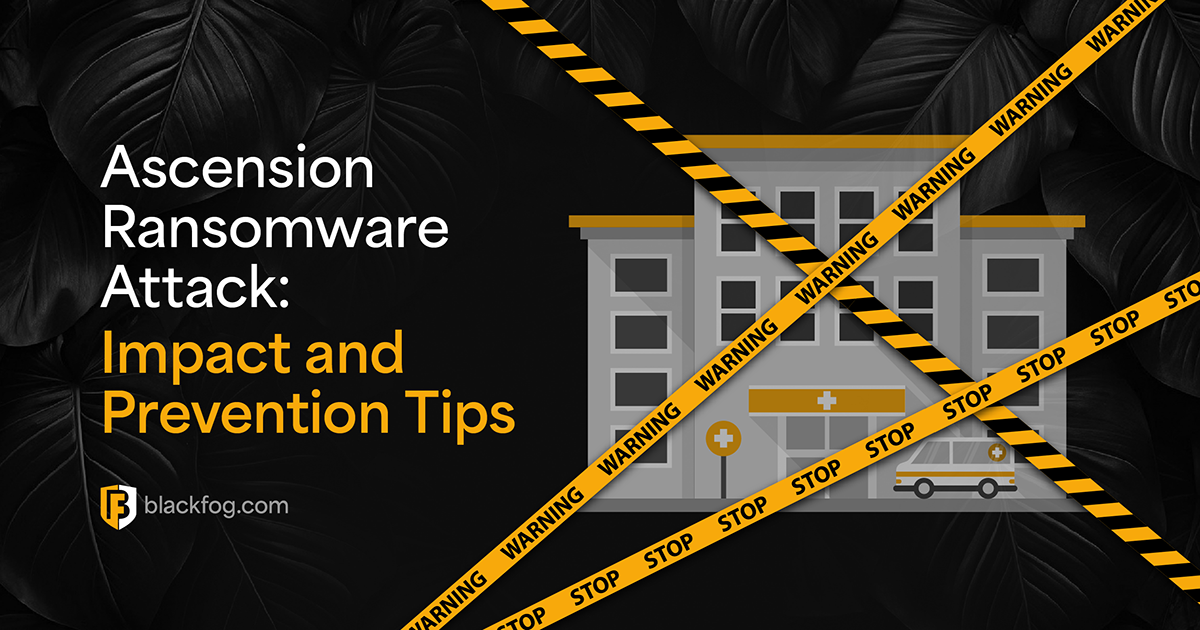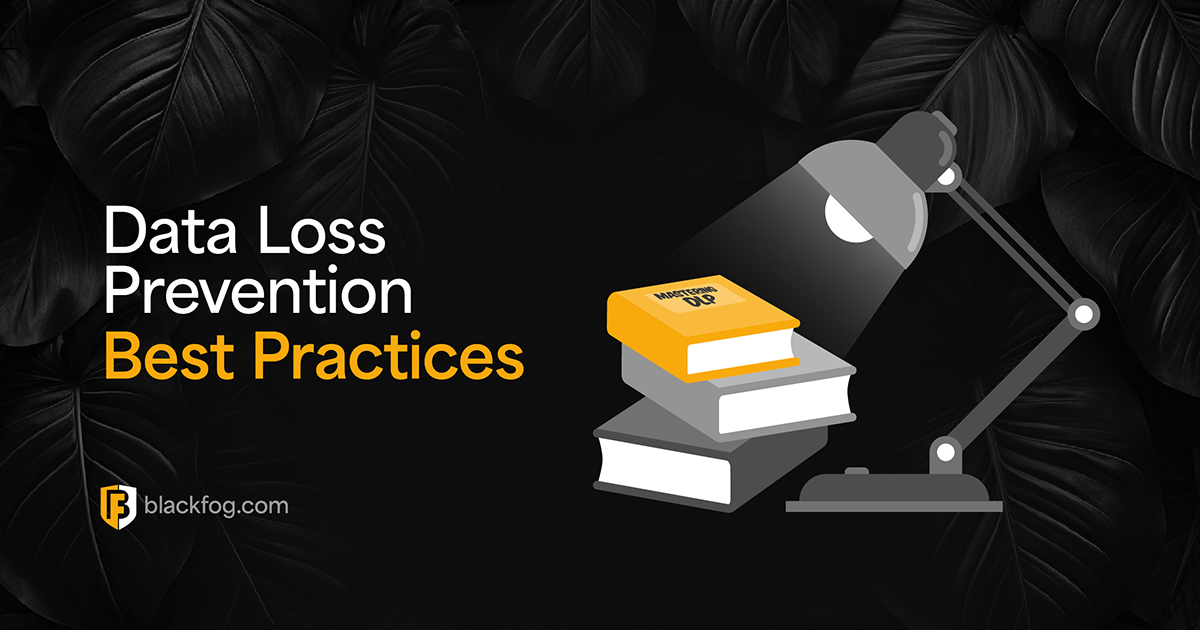
7 Cybersecurity Tips for a Safe and Enjoyable Festive Season
The winter holiday season is one of the busiest times of the year for shopping and online transactions. As consumers, we often enjoy taking advantage of the deals and discounts that emerge during this festive time. However, all of this increased online activity also attracts the attention of cybercriminals and increases your chances of data theft.
With the cost of cybercrime projected to reach $8 trillion globally in 2023, and expected to increase further to $10.5 trillion by 2025, these criminals prey on us knowing that we may be more distracted by holiday errands, travel, and social plans. They bet that we are more likely to let our guard down or make mistakes. To help you stay secure amid these risks, we’ve compiled 7 cybersecurity tips for the holiday season.
1. Beware of Public WiFi
When you’re out and about doing your festive shopping, avoid using public WiFi networks in shopping malls, restaurants, or entertainment complexes.
Public WiFi networks are often not as secure as personal or workplace networks, because they do not require authentication to access the connection. Without a password or other security measures, it’s easier for hackers to gain access to an unprotected public WiFi network. From there, they can launch man-in-the-middle (MiTM) attacks and intercept unencrypted internet traffic passing through the network.
2. Verify Delivery Messages
During the holiday season, scammers may take advantage of the increased online shopping activity by sending fake delivery messages. These messages may appear to be from legitimate delivery companies, telling you that a parcel could not be delivered and prompting you to click on a link to reschedule delivery.
Cybercriminals often use methods such as phishing, which accounted for 37% of the scams, and postal delivery scams, which affected 31% of consumers.
To protect yourself, always verify the status of your online orders on the official website of the retailer or delivery service. Be cautious of unexpected or suspicious messages claiming to be from delivery companies, and when in doubt, contact the retailer directly to confirm the authenticity of any delivery-related communication.
3. Exercise Caution with Browser Extensions
Browser extensions can enhance your online experience, but during the busy holiday season, some extensions may promise tempting discounts or deals that seem too good to be true. Not all extensions have your best interests in mind, and some could compromise your online safety. Opt for extensions from established platforms like the Chrome Web Store or Mozilla’s Add-ons for Firefox, depending on your browser of choice.
Before installing an extension, assess it through user reviews and ratings. However, be aware that high ratings alone do not guarantee security, as evidenced by incidents where popular extensions were later removed due to security violations being discovered. To mitigate risks, thoroughly research extensions by consulting a wide range of sources online before installing them. Consider an extension’s permissions carefully and only install those needed for their advertised purpose.
4. Use Strong, Unique Passwords
Protecting your online accounts starts with using strong, unique passwords. Avoid using the same password for multiple accounts, because this can leave you vulnerable to credential stuffing attacks. Additionally, you can check if your passwords have been compromised using services like “Have I Been Pwned.”
Consider using a reputable password manager to generate and store complex passwords securely. A password manager can also help you remember and autofill passwords, reducing the temptation to reuse them across different accounts.
5. Beware of Fake Donation or Charity Scams
The holiday season is a time of giving, and scammers may try to exploit your generosity through fake donation or charity scams. According to a 2023 statement by the VP of Experian Data Breach Resolution and Consumer Protection, scams including charity scams, are often conducted through phishing or social engineering, exploiting the victim’s empathy.
Before making any donations, verify the authenticity of charitable organizations. Conduct independent research or consult reputable charity verification platforms to ensure your contributions go to legitimate causes. Be cautious of unsolicited emails or messages requesting donations and always donate directly through the organization’s official website.
6. Stay Alert to Phishing Attempts
Emails about discounts, freebies, and deals seem to be flooding inboxes at this time of year, but unfortunately not all of these emails are deals worth clicking on! Phishing emails are a common tactic used by cybercriminals to trick individuals into revealing sensitive information.
During the holiday season, be particularly cautious of phishing attempts that may mimic legitimate sources, as 37% of scams reported in this period are phishing-related.
If a deal seems too good to be true, it probably is! A 2023 report found that of all the consumers targeted by holiday scams, half fell victim, and online shopping scams were among the most prevalent types, with 40% of respondents affected.
Avoid clicking on links in emails that don’t look quite right. Maybe the logo looks a little different, the text seems a little blurry or the wording itself doesn’t sound as though it comes from the brand is claiming to be, all of these could be clues to a phishing email. Check the legitimacy of the email address against other emails you’ve previously received from these brands.
7. Watch Out for Billing Scams
Cybercriminals may attempt to trick you with unexpected bills or invoices during the holiday season. To protect yourself, verify the legitimacy of any unexpected bills or invoices you receive. Cross-check billing details with the relevant service providers or retailers.
It’s especially important to be alert as the incident rate of invoice and refund scams has risen by as much as 50% recently, with significant increases reported across various regions including a 19% increase in the United States. Contact the company directly if you suspect a billing scam. By verifying the authenticity of billing communications, you can protect yourself from falling victim to scams.
Remember to shop safe and don’t gift your data to cybercriminals this holiday season!
Take Your Next Steps with BlackFog
Protect your personal devices or your family’s devices this holiday season with BlackFog Personal. Our solution provides multiple layers of protection across all of your devices, so you can browse, work and shop online (up to 2x faster) with confidence, knowing your devices are secure and your data stays private. Click here to sign up for a free trial of BlackFog Personal and keep your digital life protected this festive season.
Related Posts
Ascension Ransomware Attack: Impact and Prevention Tips
Learn how the Ascension ransomware attack disrupted healthcare services, the financial consequences, and the cybersecurity lessons it taught. Also receive advice on protecting patient data and preventing similar attacks in the future.
Essential Data Loss Prevention Best Practices Every Firm Should Know
Following these seven data loss prevention best practices can help any firm reduce the risk of falling victim to threats like ransomware.
BlackFog Report Reveals Record Number of Ransomware Attacks from January to March
BlackFog reports a record-breaking surge in ransomware attacks Q1 2025, with 278 disclosed cases and a 113% rise in undisclosed incidents.
AI for Network Security and Monitoring: Enhancing Cyber Defense
What opportunities do AI ransomware protection tools offer to cybersecurity pros?
Ghost Ransomware: The New Cyber Menace Targeting 70+ Countries
Ghost ransomware is targeting 70+ countries. Learn how it works, who’s behind it, and how to stay protected in today’s cyber threat landscape.
Log4Shell – Understanding the Vulnerability and Mitigation Steps
Learn about Log4Shell, its impact on industries, and effective mitigation strategies. Discover how proactive defenses, like BlackFog's ADX technology, can protect your systems from ransomware and data exfiltration.






